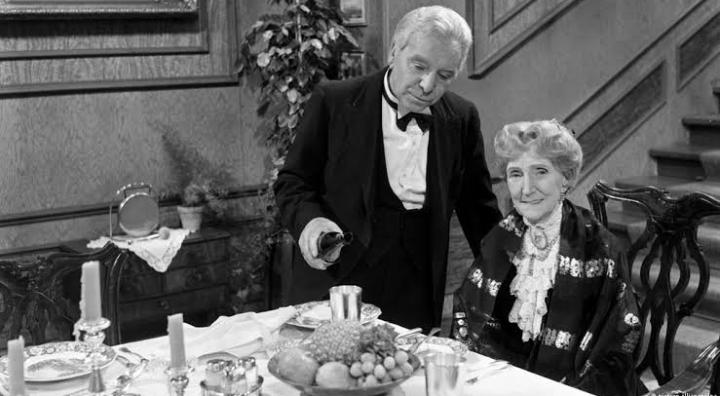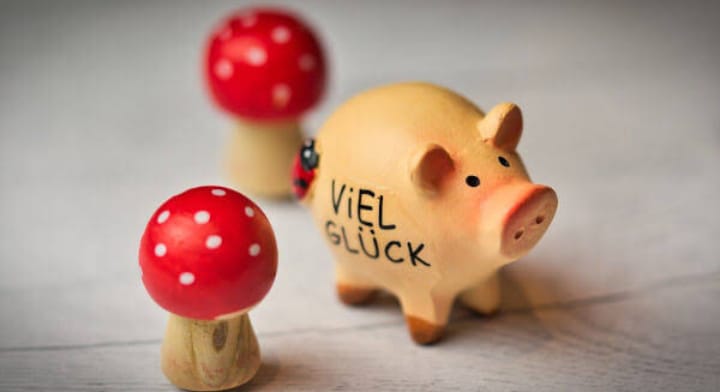
Curious about how Germans ring in the New Year? As the much-anticipated New Year’s Eve approaches, many people wonder about the celebration traditions in Germany. Similar to numerous other countries, December 31st in Germany is a day filled with joy, fun, and excitement for the approaching year. Here’s how Germans celebrate New Year’s Eve.
How do Germans celebrate on New Year’s Eve? (31st December)
New Year’s Eve in Germany is a time for joyful celebration and gatherings with loved ones. Similar to residents of other countries, Germans use this night to have fun together, either by gathering with family and friends at home or by participating in outdoor events organized in all major cities.
Read also: New Year’s Eve and New Year wishes in German – with English translation
One of the most spectacular New Year’s Eve events takes place in Berlin at the Brandenburg Gate, drawing up to a million participants each year. Rooted in its history, the significance of this event traces back to 1989 when the people of East and West Berlin spontaneously gathered on December 31 to celebrate the fall of the Berlin Wall. Presently, New Year’s Eve in Berlin is a grand spectacle featuring multiple music stages, event-filled tents, and a diverse culinary selection. The free admission policy adds to its allure, attracting crowds of people eager to usher in the New Year together, fostering an atmosphere of unforgettable revelry and community.
“Dinner for One” is a mandatory part of the celebration
Every January 1st is said to set the tone for the entire year, and in Germany, there’s a tradition to ensure a joyous start. Since 1963, Germans have been tuning in to watch the iconic 18-minute skit titled “Dinner for One.” This timeless comedy, making successive generations of Germans burst into laughter, holds a special place in entertainment history. The Guinness Book of Records has recorded it as the most frequently repeated television production. Interestingly, there’s no sign of German viewers getting sick of it. Each New Year’s Eve, approximately 15 million people tune in to watch this classic skit, making it a beloved and enduring part of the festive tradition.

Superstitions popular in Germany
Germans, renowned for their reverence for traditions, place significant value on superstitions and lucky charms, particularly during the festivities of New Year’s Eve and New Year’s Day. A prevalent symbol associated with prosperity and happiness is the pig, often depicted in the form of small figures or motifs on New Year’s cards.
It’s noteworthy that boars were animals regarded as sacred by Germans. The establishment of the idiom “to have a pig” centuries ago in German culture is no coincidence, as it simply signifies “to be lucky.” This connection between pigs and good fortune reflects the cultural importance of these traditions in Germany.
In Germany, a pig, whether crafted from marzipan, chocolate, or porcelain, serves not only as a mandatory decoration for the New Year’s Eve table but also stands out as one of the most coveted gifts. The symbolic association of the pig with good luck and prosperity makes it a popular and meaningful gesture during the festive season.
Other Talismans
In addition to pigs, ladybugs hold significant importance in German New Year traditions, symbolizing good news and prosperity. Having ladybugs present at home on New Year’s Eve is seen as a positive sign of imminent happiness. Germans also associate good luck with four-leaf clovers, and the belief in their positive influence endures.
Further contributing to the tapestry of superstitions, Germans often hang horseshoes above their doors. This tradition is rooted in the belief that horseshoes provide protection, invite prosperity, and ward off evil spirits.
Read also: New Year’s Eve at Brandenburg gate: What to expect with the new 20-euro entry fee
These superstitions and symbols, deeply ingrained in German culture, form an integral part of New Year celebrations. They serve as expressions of hope for a successful and joyous year ahead, carrying forward a rich cultural legacy.

Lentil soup for the year
Germans enhance the symbolism of abundance and wealth in the New Year through the tradition of consuming lentil soup and a yeast New Year’s wreath. According to superstitions, each lentil in the soup represents a coin, symbolizing hope for financial prosperity. This culinary ritual is a symbol of completeness and the continuity of happiness. Together, these two elements form the culinary pinnacle of German holiday traditions, blending flavors with aspirations for prosperity in the coming year.
Fireworks in Germany: Be cautious of fines
Celebrating the turn of the year with fireworks and crackers is a traditional practice in Germany, but it comes with strict regulations. Using supermarket fireworks correctly is generally harmless, but many individuals choose to buy them abroad, which can lead to severe penalties if caught. The danger lies in the unpredictable sound and explosive effects associated with foreign firecrackers, particularly those from Poland or the Czech Republic, whose compositions are often unknown. The uncertainty surrounding the explosion’s impact is a primary reason for the ban on the use of these imported fireworks in Germany, as outlined in the Explosives Act. Those caught violating this ban may face significant legal consequences.Top of Form
